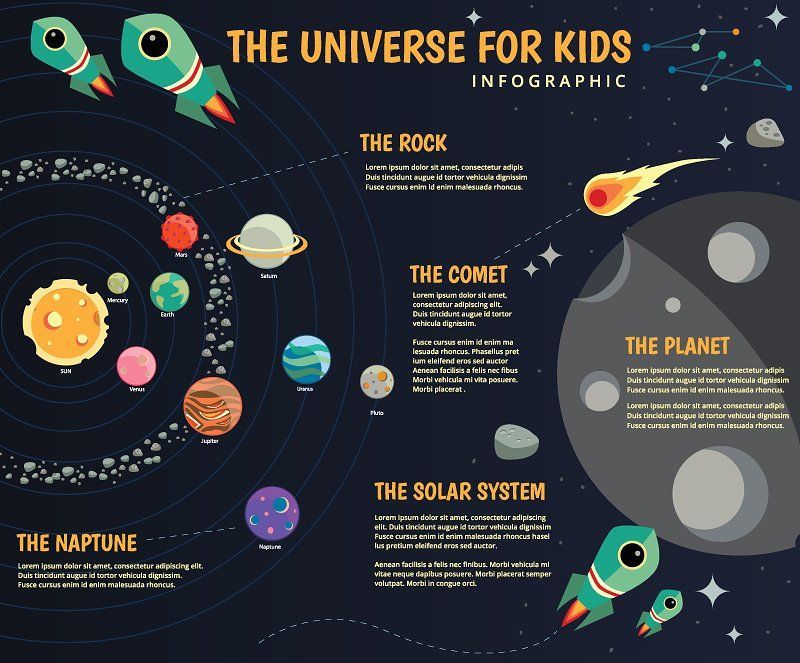
Astronomy has fascinated humans for centuries. The vastness of the universe, the countless stars and planets, and the mystery that surrounds them have captivated young and old alike. For young scientists, astronomy is not only a source of wonder but also a field ripe with opportunities to explore, learn, and make groundbreaking discoveries. In this article, we will delve into the exciting realm of astronomy, uncover its secrets, and inspire young minds to embark on their own cosmic journeys.
The Basics of Astronomy
Astronomy is the scientific study of celestial objects, such as stars, planets, galaxies, and comets, and the phenomena occurring outside our planet Earth. By observing and analyzing these celestial bodies, astronomers can deduce their properties, origins, and behavior.
One of the fundamental tools of an astronomer is a telescope, which enables scientists to observe distant objects with incredible precision. Telescopes come in various sizes and types, such as refracting telescopes, reflecting telescopes, and radio telescopes, each catering to specific research needs.
Key Concepts in Astronomy
1. The Solar System: The solar system consists of the Sun, eight planets, and numerous smaller celestial bodies like asteroids and comets. Young scientists can explore the planets and learn about their unique characteristics, such as the redness of Mars or the giant storms on Jupiter.
2. Stars and Galaxies: Stars are immense balls of hot gas that emit energy through nuclear fusion. Galaxies, on the other hand, are vast systems comprising billions of stars, such as our Milky Way galaxy. Young scientists can investigate different types of stars and galaxies, unraveling the mysteries of their formation and evolution.
3. Space Missions and Exploration: Space agencies worldwide launch missions to study celestial bodies up close and expand our understanding of the universe. Young scientists can follow these missions, such as the Hubble Space Telescope or the Mars Rover missions, and learn about the data and discoveries they bring.
Career Paths in Astronomy
Astronomy offers a multitude of career paths for young scientists with a passion for the cosmos. Here are some of the exciting options:
1. Research Scientist: Young scientists can venture into the research realm, where they design experiments, collect and analyze data, and contribute to expanding our knowledge of the universe. They may specialize in fields like planetary science, astrophysics, or cosmology.
2. Astronomy Educator: With a keen interest in teaching and spreading the wonders of astronomy, young scientists can become educators, inspiring future generations and making complex concepts accessible to young minds.
3. Space Mission Specialist: Working with space agencies, young scientists can contribute to cutting-edge space missions, designing instruments, analyzing data, and unraveling the mysteries of the cosmos firsthand.
Nurturing the Interest in Astronomy
To nurture the interest in astronomy, young scientists can explore various resources and engage in activities that bring them closer to the mysteries of the universe:
1. Books and Magazines: Numerous books and magazines are tailored to young scientists, presenting astronomy in an engaging and accessible manner. From introductory guides to more advanced topics, these resources provide in-depth knowledge and spark curiosity.
2. Astronomy Clubs: Local astronomy clubs or societies often organize stargazing sessions, workshops, and field trips, providing young scientists with the opportunity to interact with like-minded individuals and learn from experienced astronomers.
3. Online Courses and Videos: Online platforms offer a wealth of astronomy courses, videos, and interactive tools that allow young scientists to learn at their own pace. These resources combine visual aids, simulations, and quizzes to enhance the learning experience.
Conclusion
Astronomy opens up a universe of possibilities for young scientists. By exploring the cosmos, they can ignite their curiosity, develop critical thinking skills, and contribute to the advancement of scientific knowledge. Whether it’s through stargazing, studying celestial bodies, or participating in space missions, the realm of astronomy offers unending wonders waiting to be discovered. So let your young scientist embark on an astronomical journey and witness the magic of the universe firsthand.

